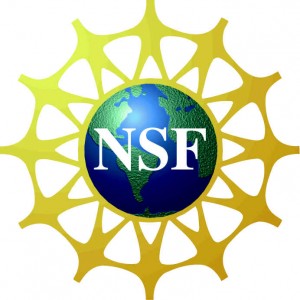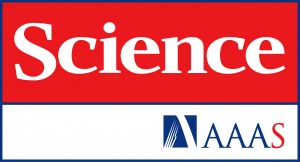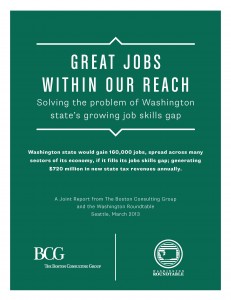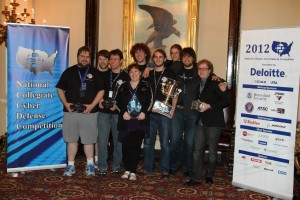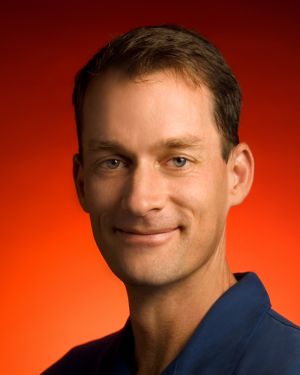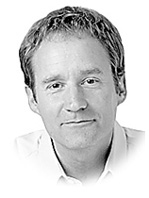 Seattle Times columnist Danny Westneat writes:
Seattle Times columnist Danny Westneat writes:
“It’s not often that talk gets exposed for being empty as swiftly as it was last week.
“On Wednesday, the state’s business community issued a clarion call to not only stop slashing our college system, but to expand it dramatically …
“But then the very next day, Gov. Jay Inslee proposed ending some tax exemptions to, among other things, boost science and health-care enrollment in the state college system. Yet here’s how the Association of Washington Business, a group that had joined in Wednesday’s clarion call, responded to that:
“‘While we understand and support Gov. Inslee’s desire to increase funding for education, we do not support raising taxes …’
“I don’t know that I’ve seen a case of cognitive dissonance as acute as what’s going on with business leaders and our higher education system.
“Unlike in the K-12 system, where there’s a major debate about reform, nobody is suggesting the computer science or engineering programs at the UW need big overhauls. Yet last year computer science turned away an astonishing 75 percent of UW students who wanted to major in it. The reason? Not enough funding for more slots. End of story …
“The national State Higher Education Executive Officers, which looked at how states financially support their public colleges, reports we ranked 49th out of 50 last year. By two dollars per student we barely beat Florida for dead last. Bow down to Washington!
“With the economy recovering, if we can’t find some real money — not study money — for these schools, then maybe we should stop talking about how we value them so much.”
Go Danny! Read more here. Read more →


